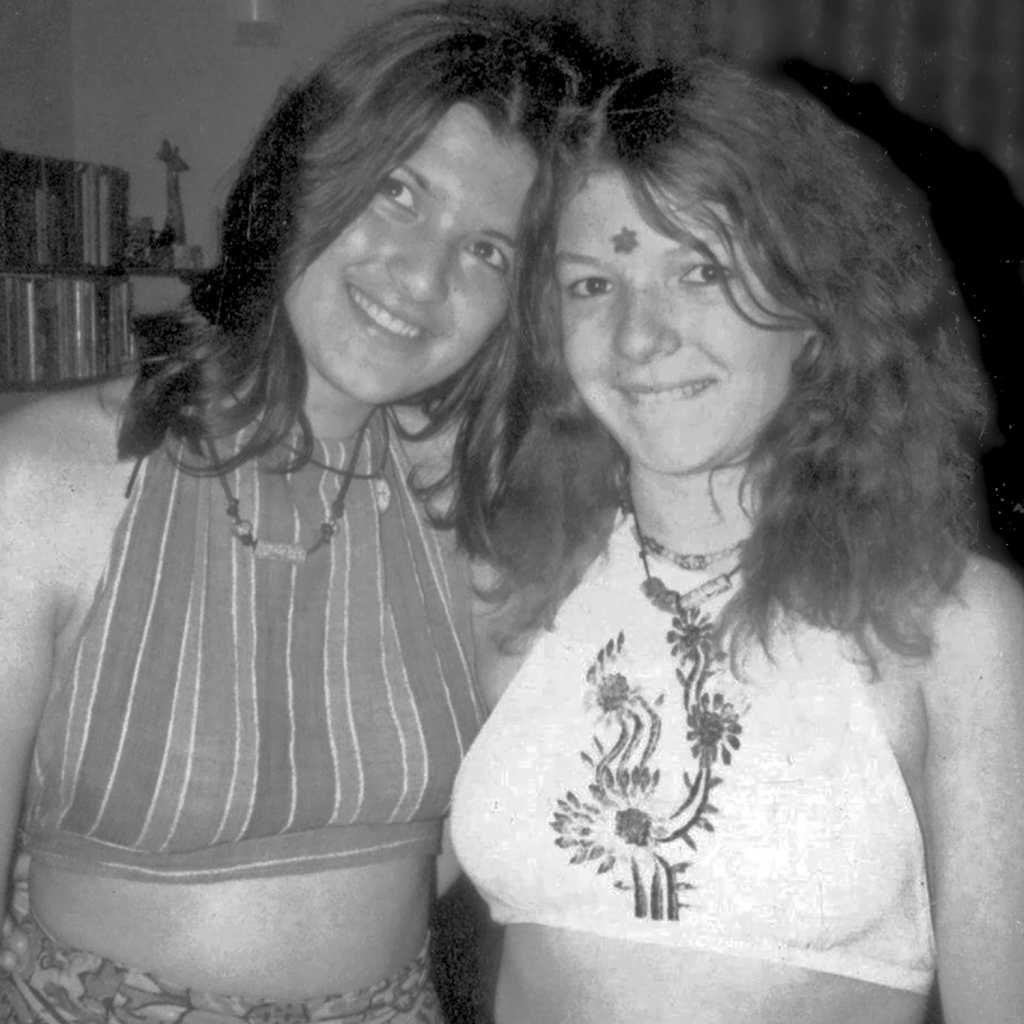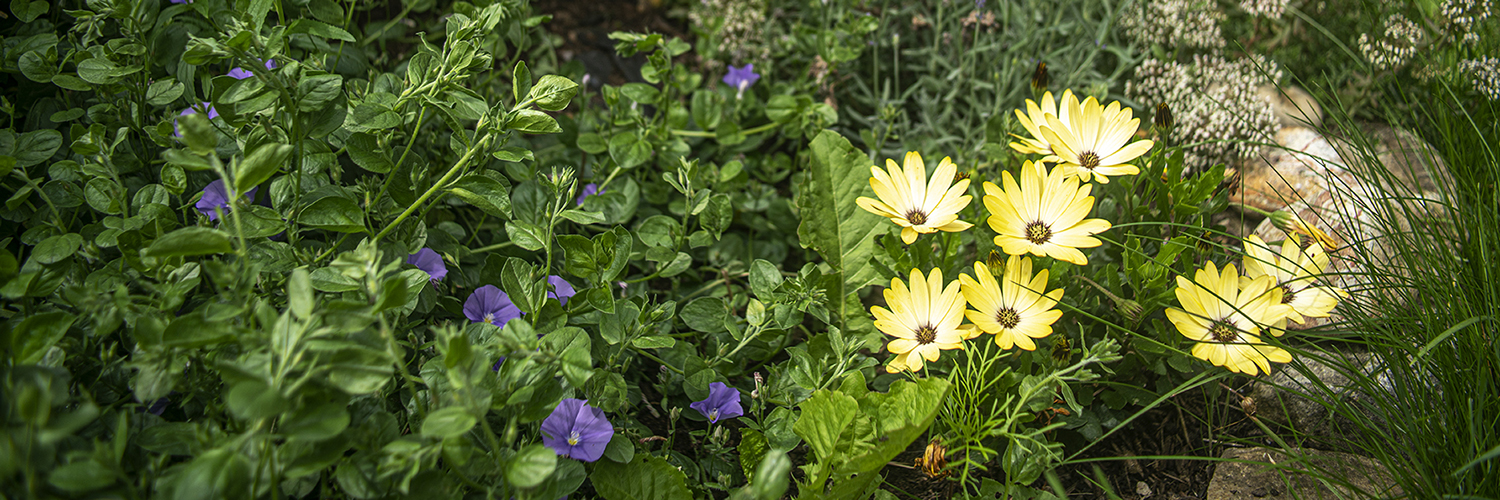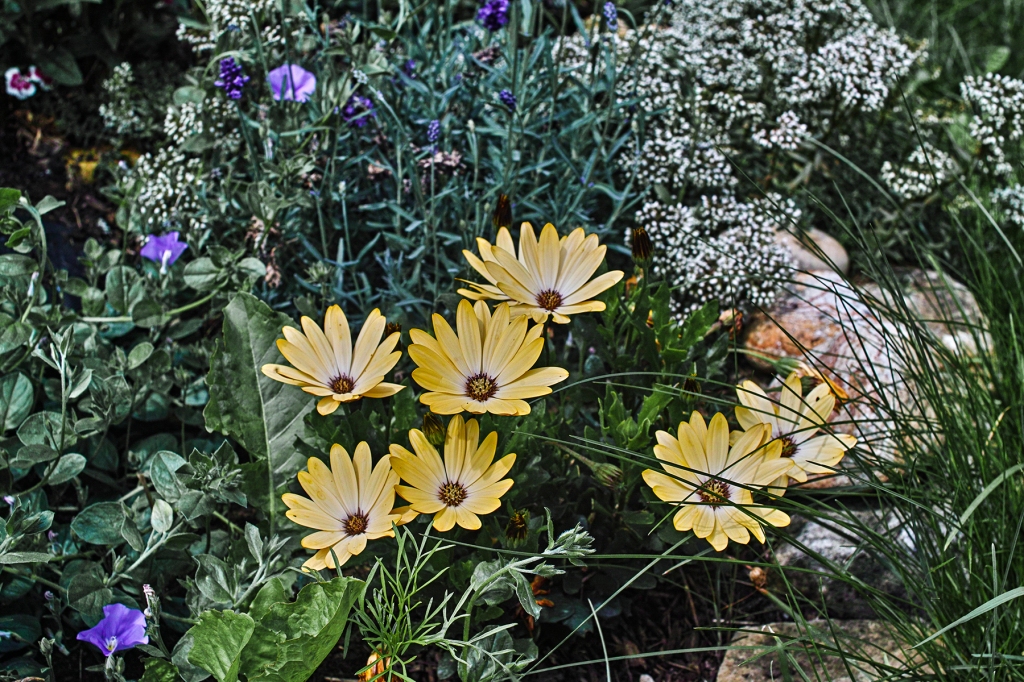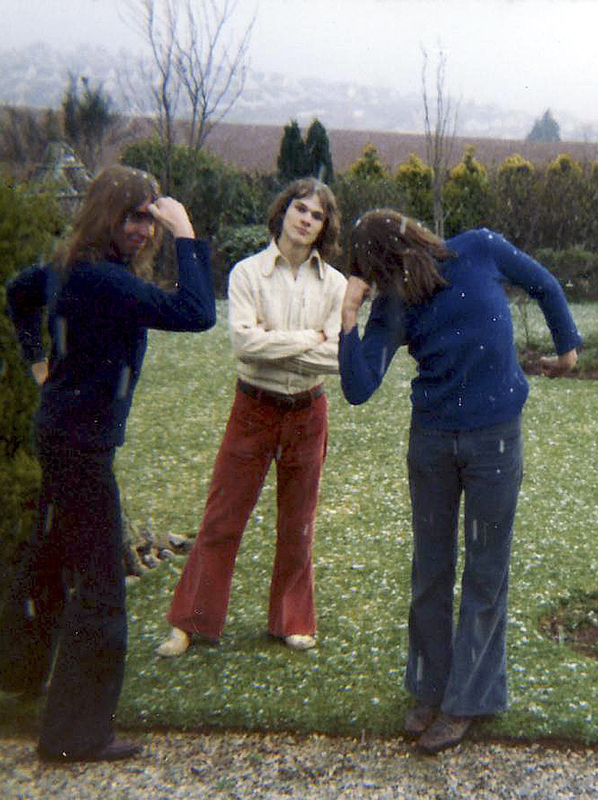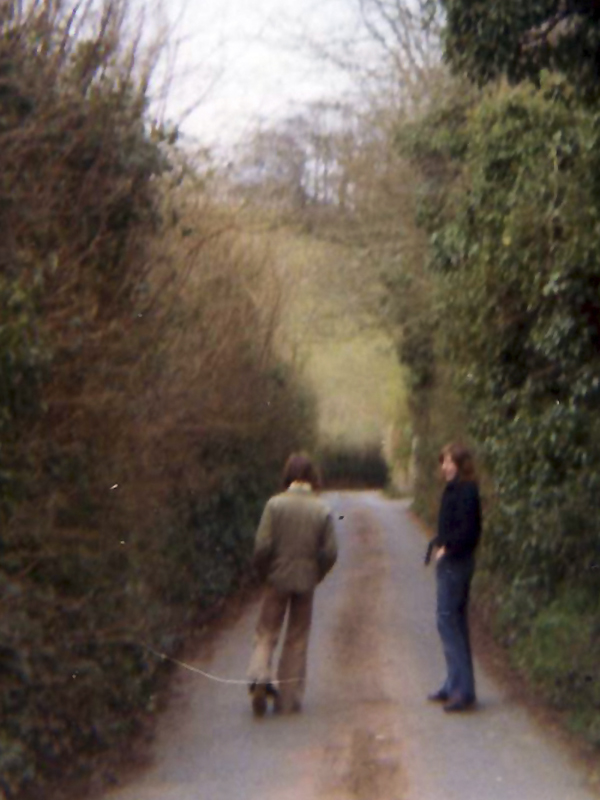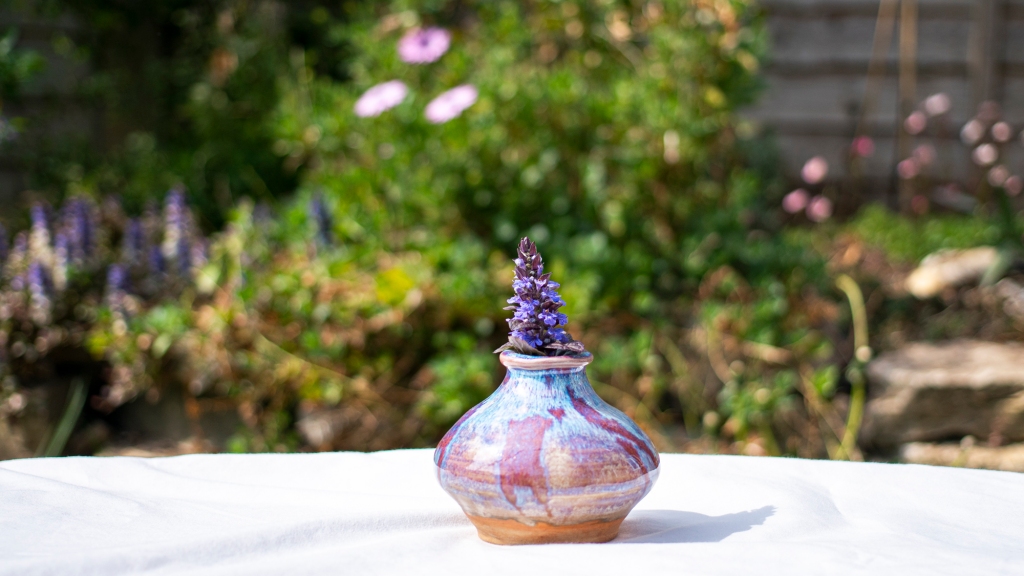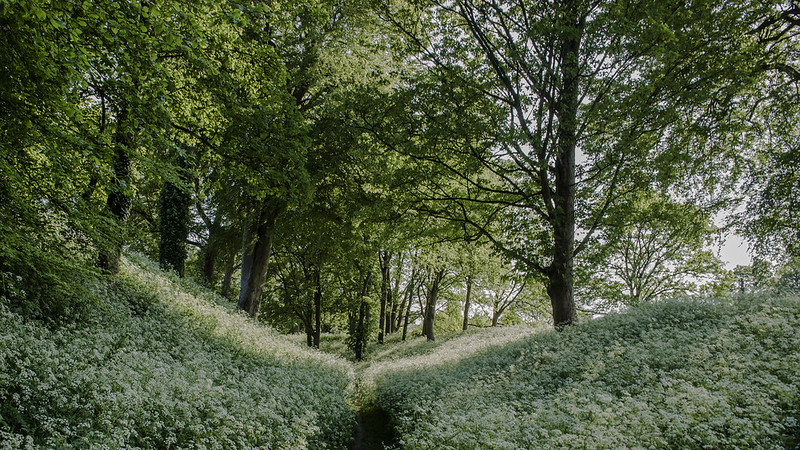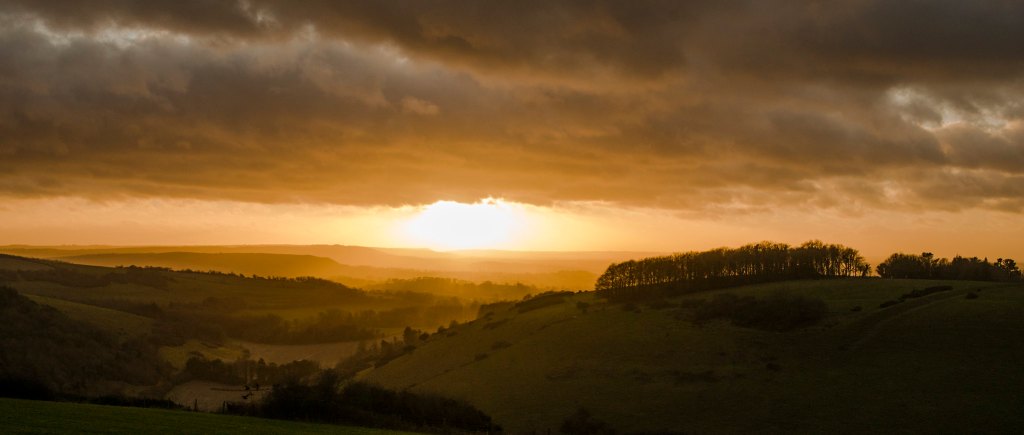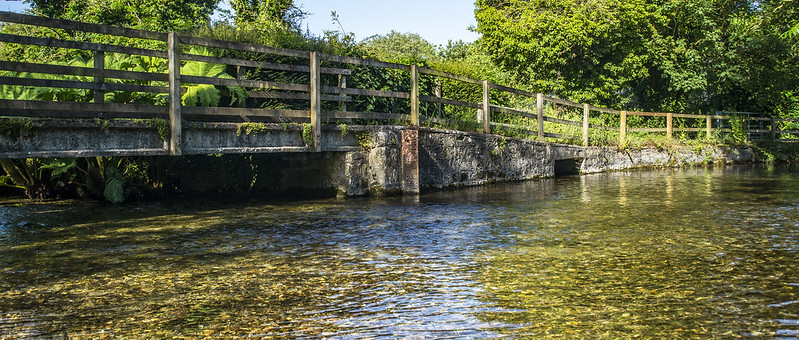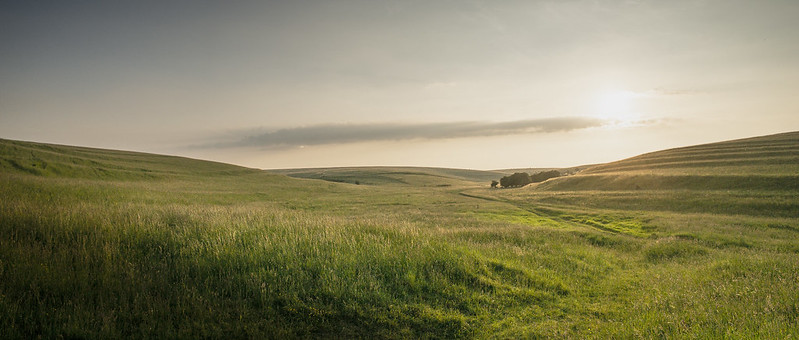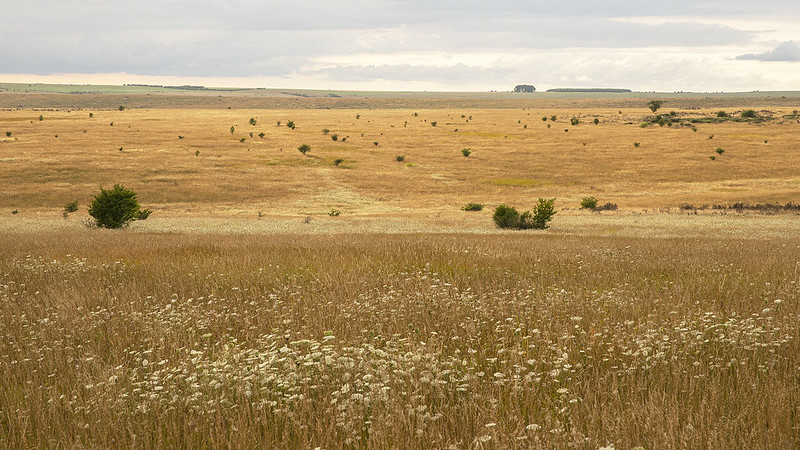Note: This is the second in a series of ad hoc life-writing exercises, published in this blog to enable friends to find it easily. Should any of these exercises ever interest anybody else, well, that’s a bonus…
August, 1975. A summer that would have been remembered as one full of halcyon days of lingering heat and clear, warm nights, were it not for the fact that it was followed by the summer of 1976, which was even more full of outstandingly blue, hot, dazzling days that were followed by long, languorous nights. (Sigh.) But enough of 1976. Let’s get back to 1975.
The last week of August and the beginning of September were full of adventures for me. Not mountain climbing or skydiving kind of adventures. There were journeys, and friendship, and music, and sunshine.
On Sunday the 24th of August, my friend Terence and I helped our friend Colin deliver a piano to Virginia Water. Colin was attempting to start a removal or transportation business. He couldn’t carry a piano into a house by himself, and it would look unprofessional to ask the owner of the piano to assist in the delivery, so he’d asked for help from his friends. There was no money involved, although drinks were presumably promised, and somehow Terence and I ended up volunteering our assistance. We were all friends, so, really, what better than to kick back on a sunny Sunday afternoon and travel in a Tranny from Wiltshire to Surrey?
The previous night, I’d been to Cradle Hill, where an anniversary skywatch[i] had been held to mark ten years of the Warminster Thing. Terence, Colin and I discussed this event as we travelled to Virginia Water. The skywatch had certainly been exciting, and carnivalesque. Exciting, because during the early hours we had heard the screams of a terrified woman – or a woman acting terrified – and we had seen UFOs flying low overhead – almost certainly balloons with lights attached, given the way they moved. Carnivalesque, because there had been quite a large crowd on the hill, and a mood of excitement and anticipation. Despite the screams, the atmosphere had been light, almost frivolous. Our discussion of the event as we travelled up and down the A30 led to us to agree to visit Cradle Hill that evening, on our return to Warminster.
When we arrived at the hill, it was warm and still, but there were fewer skywatchers than there’d been the previous night. We sat on the bank beside the road, chatting inconsequentially, watching the sky, hoping to see visitors from outer space, but, frankly, never expecting such a thing to happen. We talked a little sceptically, and a little irreverently, about the goings-on around us. We were separate, as always, from the other skywatchers – a part of the congregation, as it were, but somewhere near the back, ready to run for the door. Our irreverence and scepticism had intrigued one lone skywatcher, who asked if he could sit with us, as he found the other skywatchers a little too intense. His name was Geoff, and he stayed with us for the rest of the night and a good part of the next day.
We must have got around to talking about music, and gigs, and festivals, because at some point during the night we began to chat about the free festival at Watchfield, in Oxfordshire. This festival was a state-sanctioned replacement for the Hyde Park Free Festival, which had fallen foul of the authorities the year before. We decided it might be fun to go there the next day. Colin would drive us in his car, and Geoff was happy to tag along
We left the hill having seen nothing, and we all, except for Geoff, went home for a nap and a wash and brush-up. We agreed to meet Geoff in town later. In the better light of early dawn, we noticed that Geoff appeared to be wearing a business suit, which seemed rather odd for a skywatcher. Terence later wondered if Geoff was in fact an alien who had only a limited understanding of earthly apparel. This led us to further speculate whether, to paraphrase Arthur Shuttlewood[ii], Geoff had, after we left him, wandered to the park lake to undertake some Venusian ablutions.
By early afternoon, we had arrived at Watchfield, Colin, Terence and I, and the bloke we found on Cradle Hill. We saw the bands Rich Mitzi and Strife, although I don’t remember them at all. We discovered our friends Angelina and Mary were also there, and I was delightfully interrupted by Mary for a moment. I can only recall Watchfield as a blur of sensations; few moments or events of the day have stuck in my memory. Except for Mary. Perhaps the best way to explain this is via poetry (and be thankful that it wasn’t via the medium of interpretive dance).
Watchfield!
In 1975 the man moved
The Windsor Free
Festival to Watchfield.
Watchfield? Where the fuck?
Still, we thought we’d go,
Terence and Colin and I,
And some guy we had
Discovered during the night,
Skywatching on Cradle Hill.
We idled with the other freaks,
Under a sun that was Californian,
Drifted past spice islands
Scented with patchouli and
Sandalwood, joss-sticks and sweet hash.
The irritating bluebottle of bad music
Followed us wherever we went. Then:
A long, drawn out, squeal cut through it,
My name held on a dotted breve
Somewhere above the C above middle C.
And suddenly my arms were full of Mary,
Her arms around my neck, her legs
Around my waist, her smiling mouth
So close to mine, our faces hidden
Behind the penumbra of her long curly
Hippie hair, her brown eyes sparkling.
Then: She kissed me.
I still have the badge.
At some point, Angie and Mary left us to chase after other freaks. At some other point, Geoff also left us. After we’d tired of the bands, bad turntable music, and the smell of frying food, we made our way back to the car. Terence had picked up a copy of the Watchfield Freek Press, from which we discovered that the anarchic free festival was full of problems and whinging.
Then Colin drove us home as only Colin could; we appeared to arrive in Warminster before we’d even left, such was the rapidity of the journey. I fell asleep in the back seat much to my horror, as I’d wanted to stay awake to ensure that Colin didn’t fall asleep at the wheel.
As if this I hadn’t been enough excitement already, the next day, I went to Devon to see my friend Phil. This was my second visit to Devon. In an earlier post I related how I went to Devon to stay with Phil in early 1975, and how that had been my first holiday without my parents; yes, I had my friend’s parents to contend with, but still, Phil and I could drift around doing what we wanted, going for long walks, visiting the beach, reading, listening to music, and so on. I’d enjoyed that visit so much, I’d always intended to return as soon as I could, and August that same year provided an opportunity to do so. Back in March I had gone to Phil’s with our friend Chris. This time, I was going alone.
I can’t remember whether I went by train or hitch-hiked. I can’t have started early after the preceding three days of late nights, which makes me wonder if I went by train. I imagine that Phil and I did little the evening I arrived.
It was a warm week, I remember that. Phil and I went out wandering the lanes, visiting Torbay and Totnes. I suspect that it was probably during this holiday that we had a sham seashell fight on the beach at Paignton. Razor shells can be deadly. As usual, I probably channelled the spirit of Duncan Idaho[iii]. I also believe we might have been acting out for some girls who were sitting on the concrete walkway somewhere near the café close to the Pavilion.
Sometime later in the week we went to Totnes and met Heather and Dian at a park. I remember them singing Counting Out Time by Genesis. I was rather taken by Heather, with her long blonde hair and the incongruous yet somehow stylish red dressing gown she wore, which was long enough to sweep the dust of the asphalt beneath the swings.
Later, we went to see some of Phil’s college mates playing in a band in a hall. Were we aware of this gig, or did Heather or Dian invite us along? However we arrived there, it was fortuitous, because the drummer for the band never turned up. As I was a drummer, I said I’d stand in. So the band thrashed around some modern standards – I remember playing along to some Hendrix – and despite the headache, I enjoyed myself. I was, Phil’s friend Jeremy later excitedly asserted, a mixture of John Bonham and Mel Pritchard[iv].
I also recall an afternoon on Dartmoor, perhaps on the Saturday. We had a picnic with Phil’s mum and his guardian, Chris. We went there in Chris’s Land Rover. I distinctly remember – although possibly in a reconstructive and imaginary way – clambering over grey rocks with a red sun in a hazy sky as evening approached.
On the last day of August, Sunday the 31st, Phil and I went to Torquay Town Hall to see Greenslade. It was an enjoyable gig, and we hung around afterwards, in the hope of having a chat with the band – although I was actually hanging around in the hope of convincing Andy McCulloch to let me have a go on his rather lovely double bass drum Ludwig kit. However, we only saw a roadie, and I didn’t have the courage to ask him for a go on the kit.
What surprised me when I recently looked up the gig on setlist.fm was that there had been a support act – and the support act had been Judas Priest. I found it difficult to believe at first, until I found somebody on Facebook had a poster of the event. Judas Priest and Greenslade seem such unlikely bedfellows, and I have absolutely no memory of a raucous warm-up act.
The next day, the first day of September, I returned to Warminster, not knowing then how the last couple of weeks of travel and adventure would remain lodged in my mind.[v] They were, you might say only, prosaic adventures, simply quotidian experiences that seem at the time merely a day in the life of, yet somehow they end up being recallable, recollectable — they become jewels ready to sparkle again in the right ray of sunlight.
[i] The history here is actually a little hazy. None of the friends with whom I’m still in contact are certain that they went to the anniversary skywatch, and I’m not entirely sure what date it was held. But it being on the Saturday of the bank holiday weekend makes sense.
[ii] Arthur Shuttlewood was the author of many books on the Warminster mystery.
[iii] Duncan Idaho is the heroic master swordsman and all-round brilliant fighter of the Dune novels.
[iv] I probably don’t need to explain who John Bonham is, but Mel Pritchard was the rather good and underrated drummer of Barclay James Harvest, whose splashy style I rather admired.
[v] Although it should be noted that the immediacy of these memories has been aided by my revisiting the letters of the time, and reminiscing over the years with Phil and Terence.


